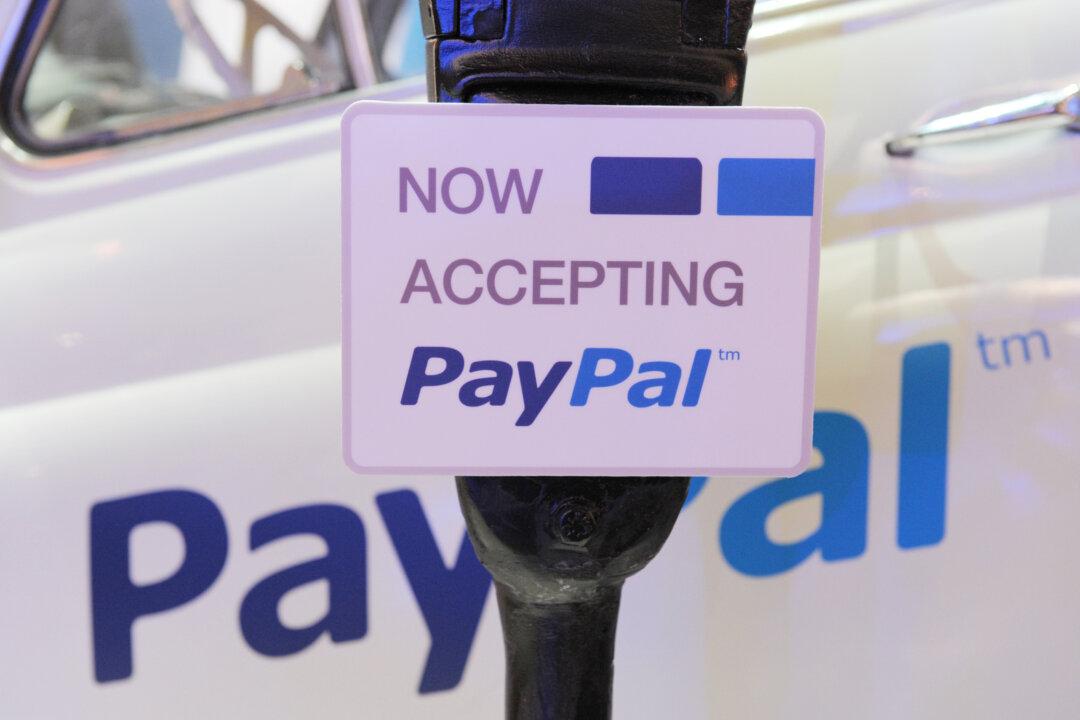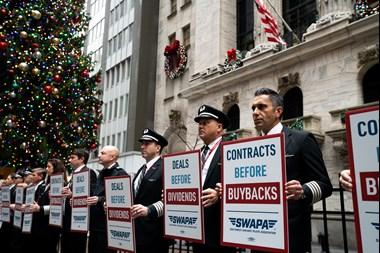Commentary
An update to the Acceptable Use Policy (AUP) of PayPal, the multinational payments platform, was interpreted to say the company will withhold up to $2,500 of account holders’ funds as “liquidated damages” if users “provide false, inaccurate, or misleading information.” The new policy was first highlighted by the Daily Wire on Oct. 7.





